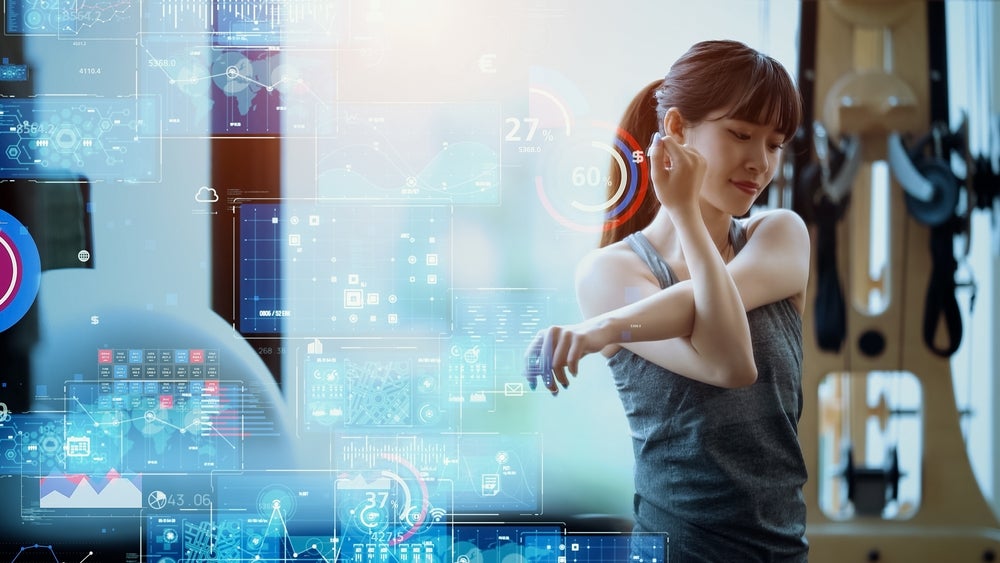
In recent years, the importance of social connections in the gym community has become increasingly recognised. While others may view the gym as exclusively for physical activity, research suggests that social connections are essential for our health and well-being. These connections can reduce stress and anxiety, increase motivation and enhance the sense of belonging.
However, the gym community can become increasingly toxic when fitness influencers take it to the extreme. Research has found that two-thirds of the one hundred most popular fitness influencers did not give advice, or have posted messages that could negatively affect people’s mental and physical health, or have ignored privacy concerns when filming.
The illusion of perfection
Most fitness influencers project a specific, highly crafted image of perfection — thin, muscular, slim-waisted and psychologically Zen. Issues arise when fitness influencers misuse social media platforms such as Instagram, Facebook and TikTok as tools to present images that encourage a specific physique, usually to increase sexual attractiveness. As a result, many viewers compare themselves to these influencers and their unobtainable lifestyles. Some may limit their food consumption or exhaust themselves with excessive exercise to meet this ideal appearance, leading to potential body dysmorphia. As Patrick Bateman in the film American Psycho famously stated: “Well, you can always be thinner… look better.”
Content, content, content!
In a digitalised world, gyms have seen an increased amount of filming from fitness influencers. Phone cameras propped up on benches, balanced on machines and set up on tripods capture the influencer, often also including in their range other individuals just minding their business. It is enough to make any regular gymgoer nervous, anxious and uncomfortable about being in a background shot. For example, one TikTok video with millions of views highlights two female “gym bullies” mocking and laughing at a regular gymgoer by mimicking his unusual-looking exercise. One Reddit user described another incident of filming at the gym, writing that when an influencer set up her camera in front of the dumbbell rack: “I was about to go to the front desk and tell an employee when I see a man walk in front of her camera to put his weights down. The woman got a disgruntled look on her face, stopped lifting, walked over to the camera, and I guess she stopped recording and restarted it.”
Joey Swoll, a TikTok fitness influencer, highlighted several examples of fitness influencers who may be ruining the workout experience for regular gymgoers, labelling influencers that complain or mock others as “Karens” — an entitled person who complains to the manager about things that other people would not complain about.
Because of this phenomenon, gym instructors across the UK are urging and banning TikTok influencers from filming workout videos. According to the Guardian, several gym chains are placing tighter restrictions on when and where people can film their fitness sessions. Privacy issues are the primary reason for these restrictions, with individuals expressing discomfort and anxiety about being filmed, as well as concerns about equipment clogging floor space. Despite these concerns, the likelihood of influencers filming their workouts will continue.

US Tariffs are shifting - will you react or anticipate?
Don’t let policy changes catch you off guard. Stay proactive with real-time data and expert analysis.
By GlobalDataHow’s the form?
While the trend has sparked controversy and debate, there are undeniable positive sides to filming workout videos. Gymgoers can film their workout to track progress to be better athletes, and can share their fitness journey. Remote coaching and online fitness influencers use filmed content to provide feedback to gym members. Fitness influencers such as Chris Bumstead, David Laid, David Goggins, Bradley Martin and Faith Ordway have inspired and motivated viewers to overcome their discomfort with themselves and truly embrace who they are.
While it is unfair to ban them from filming their content, fitness influencers should heighten their mindfulness to avoid disrupting regular gymgoers. Fitness influencers should be aware of their immediate surroundings, acknowledge the flow of foot traffic and choose to film in locations that minimise the disruption of others’ workouts.








